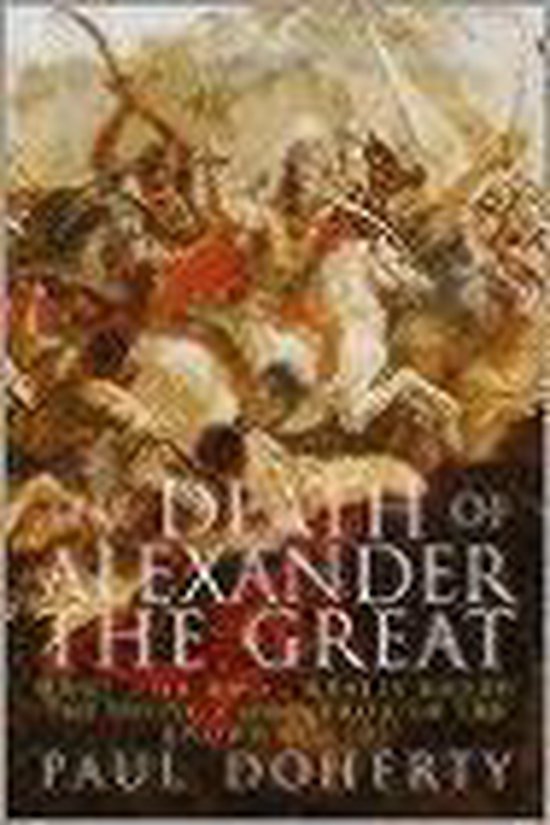
Alexander the Great
As he lay siege to the world Alexander harboured the belief he was the son of God and desired everlasting glory by conquering all to the ends of the earth. The Death of Alexander analyses this outstanding figure who achieved so much before his premature end. He was an enigma, a man who wanted to be a god, a Greek who wanted to be Persian, a defender of liberties who spent most of his life taking away the liberties of others, and a king who could be compassionate yet ruthlessly wipe out an ancient city like Tyre and crucify 3,000 of its defenders along the seashore. The Death of Alexander also scrutinizes the circumstances surrounding the young king's death in the summer palace of the Persian kings. Did Alexander die of alcohol poisoning? Or where there other, more sinister factors involved? Alexander had been warned not to enter Babylon. The holy man, Calanus of India, before he had climbed on his own funeral pyre, warned Alexander he would meet him in Babylon. So was his death there so predictable? The great general had surrounded himself with outstanding captains of war. Did these aggressive, violent and ambitious men have a hand in Alexander's death?;Were they tired of Alexander's desire to march to the rim of the world? Were they becoming increasingly disturbed by their leader's growing despotic tendencies as they realized more of their colleagues appeared to die by accident or illness than at the pitched battles at the Granicus, Gaugemela, or Issus? And was it they who ultimately made a decision to bring this young god's life to a violent, untimely end?
| Auteur | | Paul Doherty |
| Taal | | Engels |
| Type | | Hardcover |
| Categorie | | Biografieën & Waargebeurd |